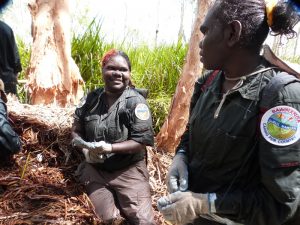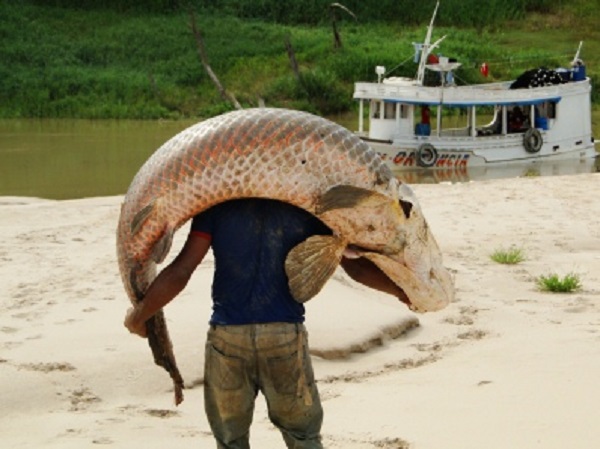First published on 06/13/2019, and last updated on 08/31/2019
Local Commons for Global Benefits: Indigenous and Community-based Management of Wild Species, Forests and Drylands, by Rosie Cooney and Brian Child, Scientific and Technical Advisory Panel for the GEF, 22 pages, 2019.
A large proportion – up to half – of the world’s land area is used or communally-managed by indigenous people and local communities (IPLCs). This includes a large share of the planet’s remaining high-quality, high-biodiversity ecosystems. These lands are critical for achieving global environmental benefits related to biodiversity, climate change mitigation, and addressing land degradation through the management and conservation of wild species, forests, and drylands – here collectively referred to as “wild resources”.
However, governance over much of these lands is weak. Communities have no legally recognized tenure – a fundamental basis for robust governance – over around 80% of this area. At the same time, central governments often lack the capacity and resources to effectively manage these vast and often remote lands. This creates de facto “open access” areas susceptible to uncontrolled and destructive exploitation, which may be via mining, logging, agricultural encroachment, hunting, or wildlife trafficking.

Aboriginal rangers managing crocodiles and harvesting eggs on their land © Grahame Webb
Strengthening community rights to manage land and resources is showing promise as an approach to deliver on biodiversity, climate change mitigation, and land degradation objectives. Clear principles and fundamental design characteristics have emerged from extensive research to guide interventions to support and establish robust governance of local “commons” – and interventions often fail when these are not followed.
There is a clear need and opportunity for the GEF to stimulate transformational change through restoring, strengthening, or establishing sound and inclusive community-based governance of traditional “commons”, promoting achievement of global environmental benefits.
Featured image: Transporting Pirarucu, Brazil © Ana Luiza Figuereido
